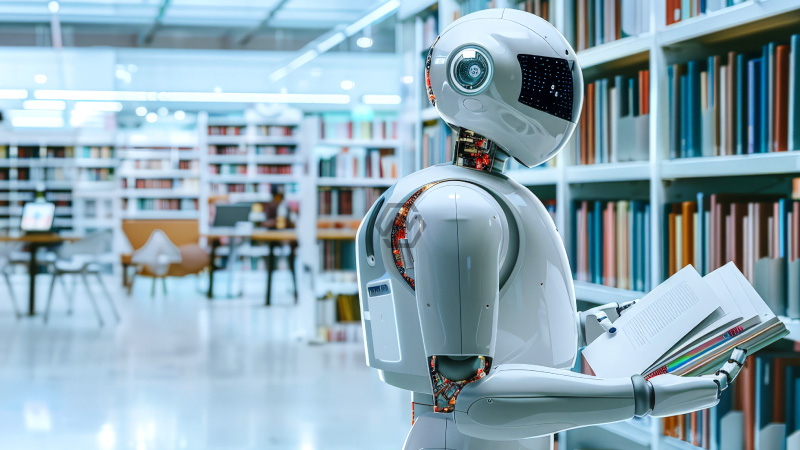- Universities are integrating AI across disciplines to enhance student competency.
- Industry partnerships with tech giants are providing real-world AI training.
- Hands-on learning through AI projects is key to workforce readiness.
The rapid expansion of AI across industries has compelled universities to revamp their curricula, ensuring graduates are equipped with relevant skills. By integrating AI literacy into various disciplines, institutions are preparing students for the evolving job market.
In addition to curriculum changes, universities are strengthening ties with leading tech firms to bridge the gap between academic learning and real-world applications.
Shaping Tomorrow’s Workforce: AI Education in Universities
To meet the growing demand for AI skills, universities are reimagining traditional education models. AI is no longer confined to computer science; it is now a core component of various disciplines, from healthcare and finance to language studies. By embedding AI modules into diverse programs, institutions are creating a future-ready workforce.
Beyond theoretical learning, universities are emphasizing hands-on training through AI-driven projects and simulations. Students are encouraged to apply AI concepts to solve industry-specific challenges, fostering innovation and problem-solving skills that enhance employability.
Strong industry collaborations play a crucial role in bridging the gap between academic learning and workplace expectations. Partnerships with global tech leaders provide students with access to AI certifications, research initiatives, and internship opportunities, ensuring a seamless transition into the workforce.
AI education is also becoming more inclusive, with universities offering AI training to students from non-technical backgrounds. By making AI accessible to a broader audience, institutions are democratizing AI knowledge and preparing students across all fields for an AI-powered future.
As AI continues to revolutionize industries, universities must remain proactive in adapting their education systems. By integrating AI into curricula, fostering industry connections, and prioritizing hands-on training, institutions are shaping a workforce that is not just AI-aware but AI-proficient.
“The mind is not a vessel to be filled, but a fire to be kindled.” – Plutarch



